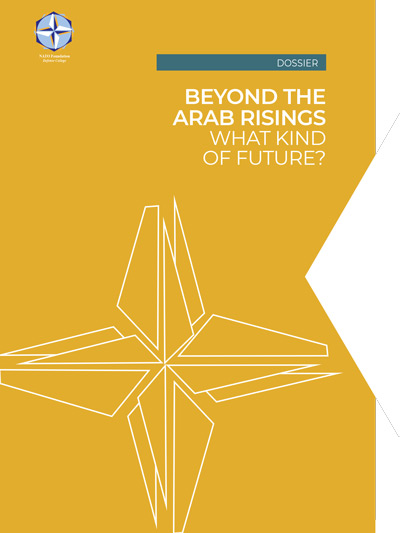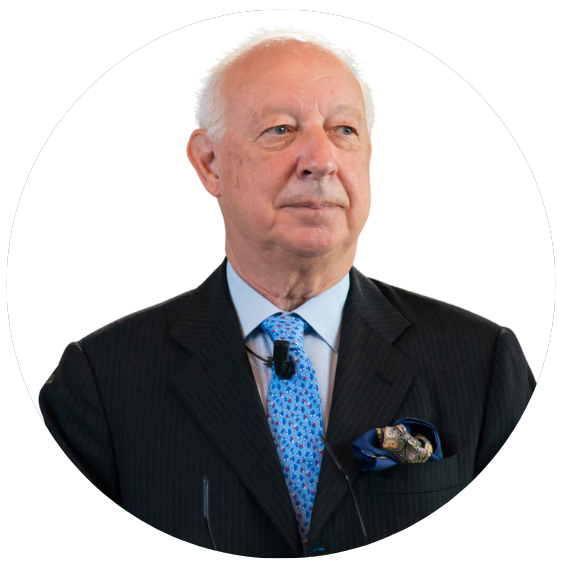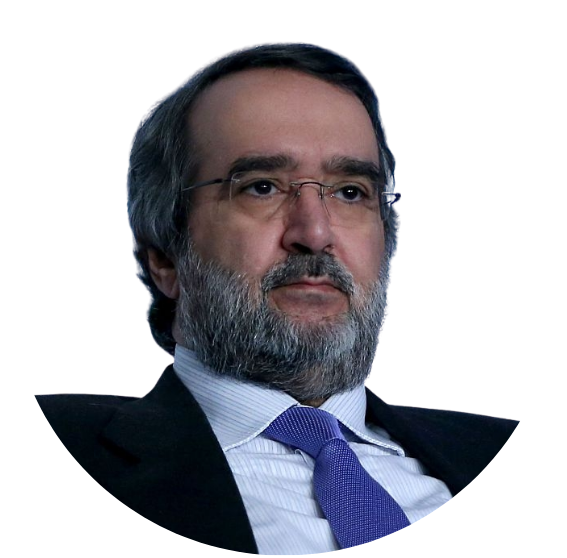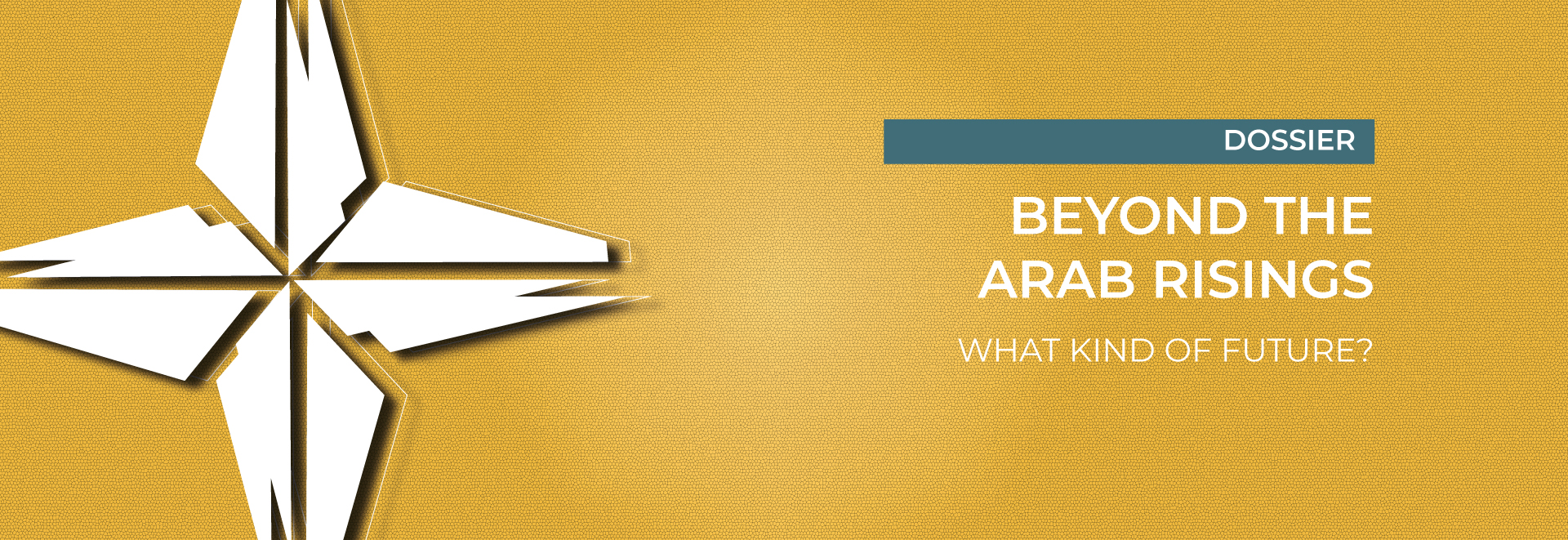
Since its very beginning in 2011, the Middle East and Deep Maghreb have been a fundamental priority for the Foundation.
As this year marks the 10th anniversary of the Arab uprisings, our Dossier wants to provide a meaningful understanding of the future dynamics of an area that, despite several positive attempts, is still affected by major instability.
Gathering the perspectives of a pool of distinguished regional and international analysts, this publication dives into the socio-economic and political conditions that showed the aspirations of a civil society, often stifled by old problems and emerging challenges. Despite the very different outcomes of the uprisings, new ways ahead are possible.

Alessandro Minuto Rizzo President

Alessandro Politi
Policy Paper
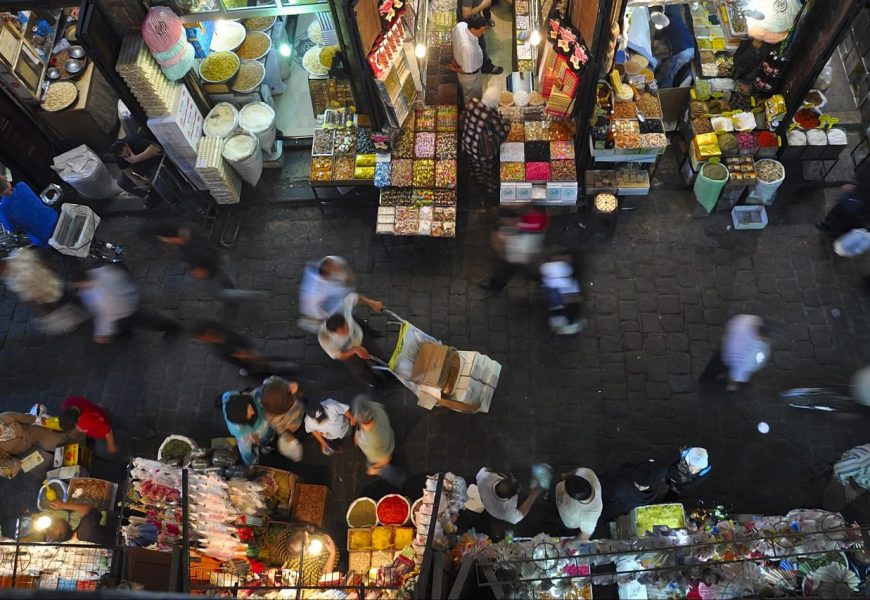
Arab risings and beyond
Claire Spencer
The uneven results of the 2011 and subsequent uprisings across the Arab world have been mainly registered at the political and strategic levels (whether through régime conservation, change, implosion or civil war), but the deepest changes have happened at the social level, very much like the 1968 revolts. Few of the protestors remain engaged in politics but the failure of existing governance structures and leaderships to connect with their societies has left a legacy of individual and collective self-reliance that was neither widespread nor apparent before 2011.
The economy and the civil society
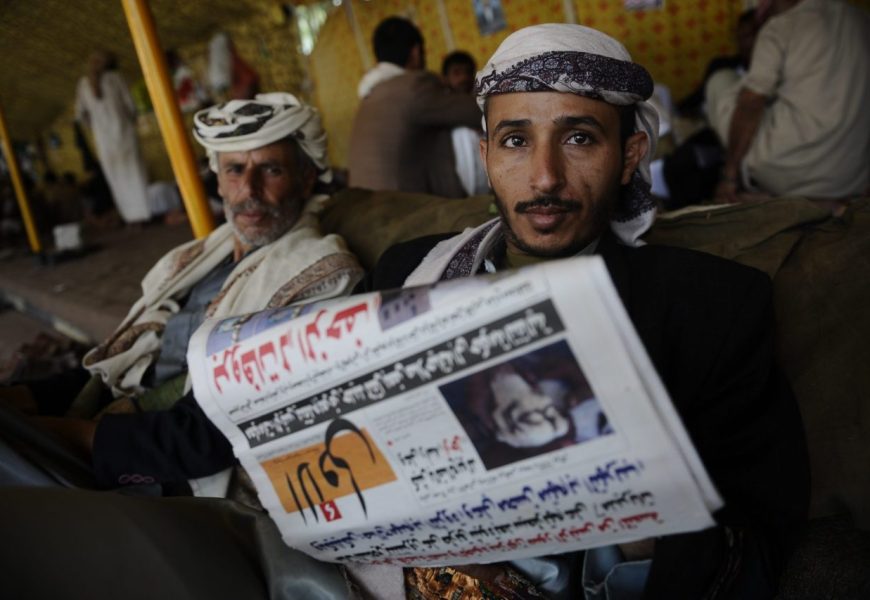
Possible roots of the risings
Abdulaziz Sager
At the onset of the Arab Spring and in its aftermath over the last decade, the popular narrative regarding its causes has tended to focus primarily, if not exclusively, on a lack of growth and/or income inequality in the countries where the popular uprisings occurred. However, empirical data on growth across the region in the years leading up to 2011 suggest otherwise. In fact, many countries in the region experienced a decade or more of rapid growth before 2010 and even at the time of the uprisings (including Egypt, Tunisia, Lebanon, Jordan, Libya and Yemen), experienced more than 5% of real growth.
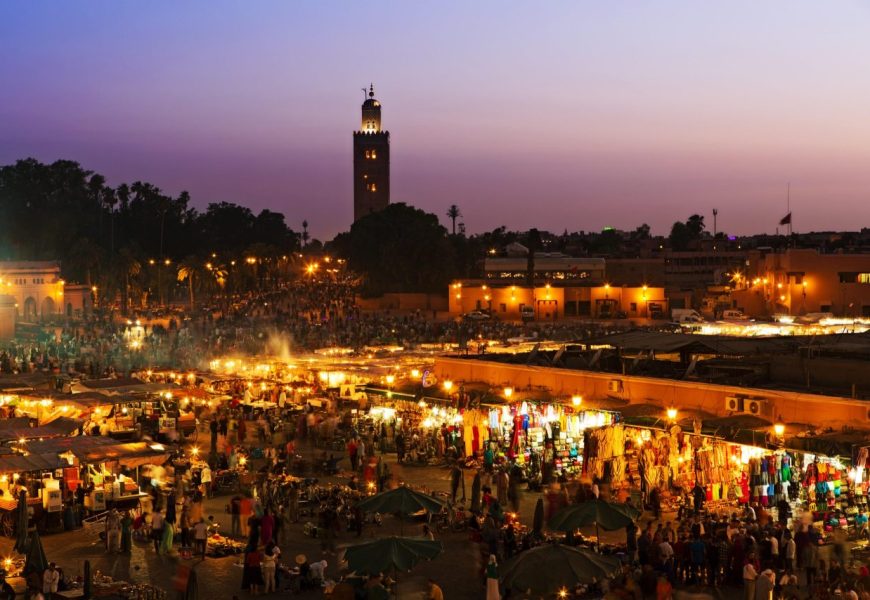
What kind of economic prospects for the region?
Karim El Aynaoui, Oumayma Bourhriba
Over the past decade, the demand for economic, social and political change in the region has been steadily growing. The COVID-19 crisis has compounded the existing challenges and unveiled the vulnerabilities from North Africa to the Middle East at different levels (UN, 2020): violence and conflict, inequality, unemployment, poverty, limited social protection, education, poor infrastructure and weak governance.
In order to prevent another lost decade, MENA countries are more than ever called upon to rebuild trust between citizens and the State by reforming the governance and enhancing participatory democracy.
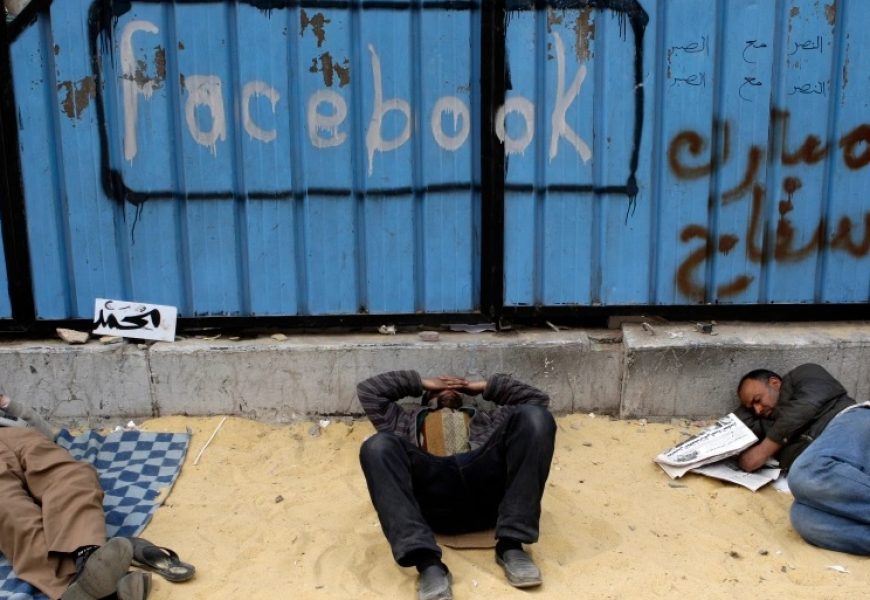
From the web to the square
Mahboub E. Hashem
The 2011 risings have marked significantly the region, not just in terms of narrative, but of concrete political, social and economic dislocation. From a strategic point of view, it is important to focus more clearly than in the past about the causes and effects of these momentous events. Five are then the main causes and six the most important effects. More detailed country analyses are available in the appendix.
Power and identity
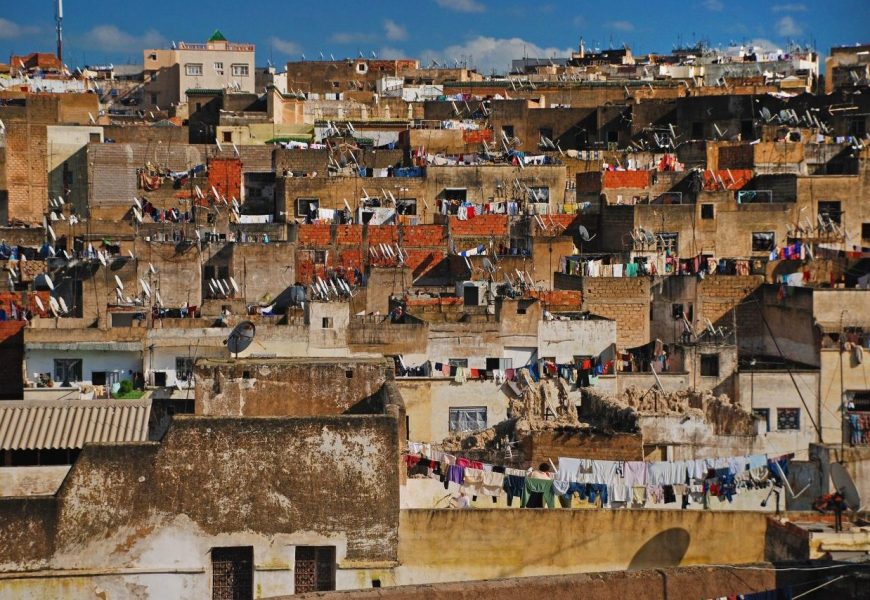
10 Years After the Arab Spring: Illicit Economies Evolve, Expand and Entrench
Matt Herbert
The 2011 Arab uprisings have reverberated over the last decade, continuing to influence the politics and popular expectations on the relationship between government and those governed throughout in the Middle East and North Africa (MENA). However, they have also contributed to conflicts in Syria, Libya and Yemen and an increased fragility amongst many states within the region, and in peripheral areas such as the Sahel, and economic challenges for large swaths of the population in MENA states.
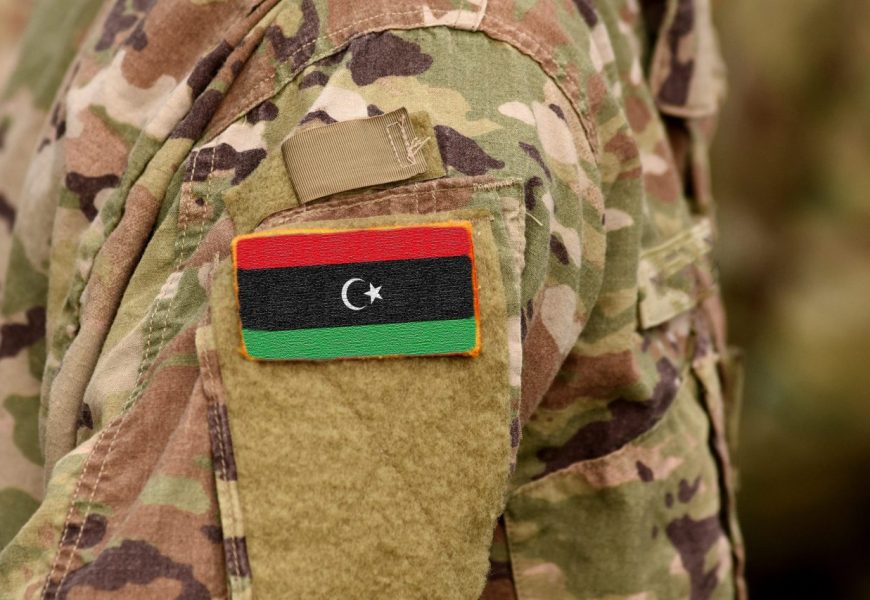
Libya: a multi-layer conflict
Umberto Profazio
A decade after the Benghazi uprisings that sparked the revolution, Libya’s future remains largely unwritten. The transition from the oppressive dictatorship of Muammar Gadhafi to a democratic form of government in which Libyans would enjoy and upheld principles for which they fought in 2011, such as legitimacy, representativeness and rule of law, seems suspended halfway between the dangerous brinkmanship of the latest round of fighting and the opaqueness of a political system that is attempting to reinvent itself, after coming under increasing pressure from the popular mobilisation of the Libyan Hirak.
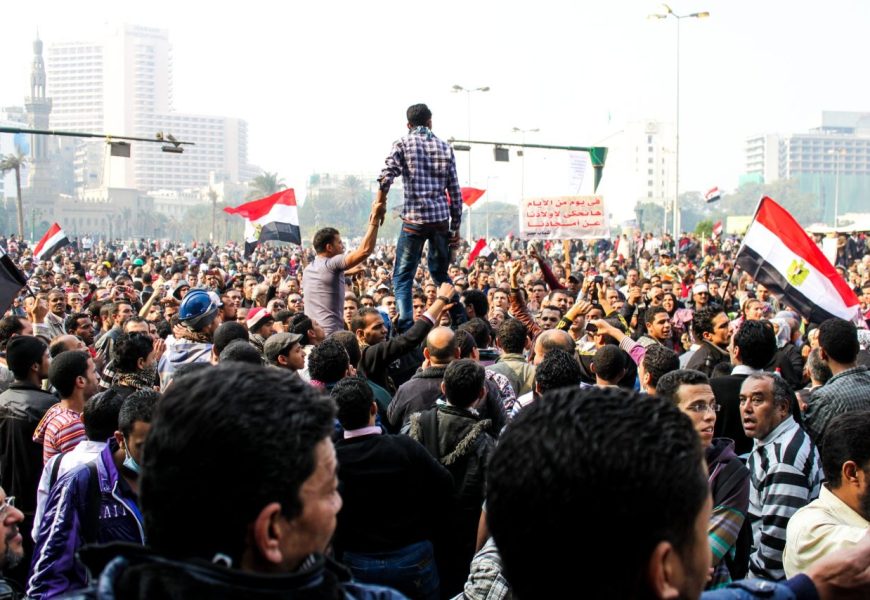
The Egyptian long pacification
Eman Ragab
Egypt’s strength to overcome crises emerging from the transition unleashed by the 25th January 2011 uprising uncovers the resilience of the state institutions and the dedication of the new ruling elite in the country, to build what the Egyptian president Abdel Fattah el-Sisi called “the new republic of Egypt”. Throughout the years following 2011, Egypt has experienced internal and external political, social, economic, and security challenges that have weakened the state’s resilience and slowed the journey to “the new republic”.
A new wave of unrest: towards change?
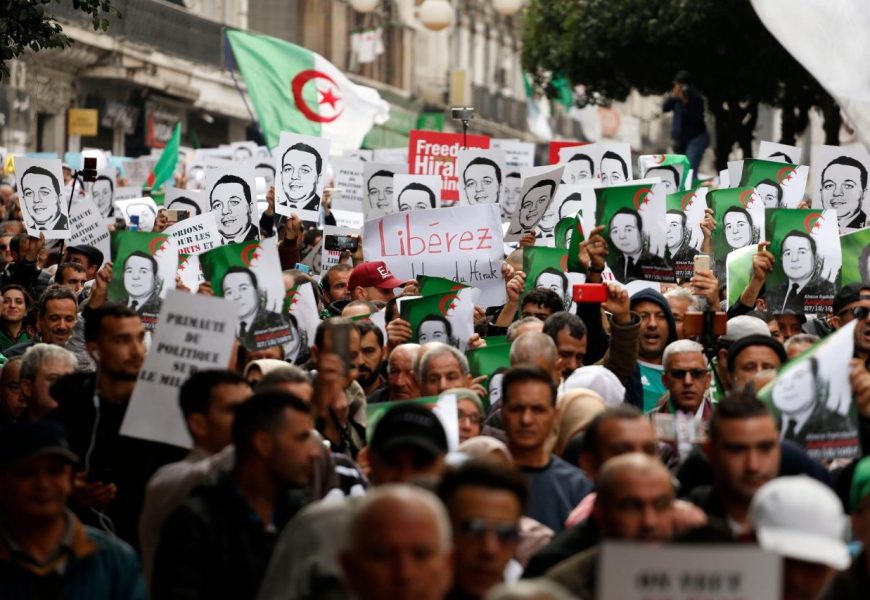
The Algerians between the “pouvoir” and the “revolution of smiles”
Brahim Oumansour
Since February 22, 2019, Algeria has been shaken by a nationwide protest movement termed Hirak (Arabic for movement), also called “Revolution of smiles” because of its peaceful nature. The Hirak (Movement) mobilised first against former president Abdelaziz Bouteflika’s bid for a fifth term, despite his age and ailing health. The movement continued demanding radical regime change and the departure of the ruling elite, as well as a transition toward democracy and the rule of law.
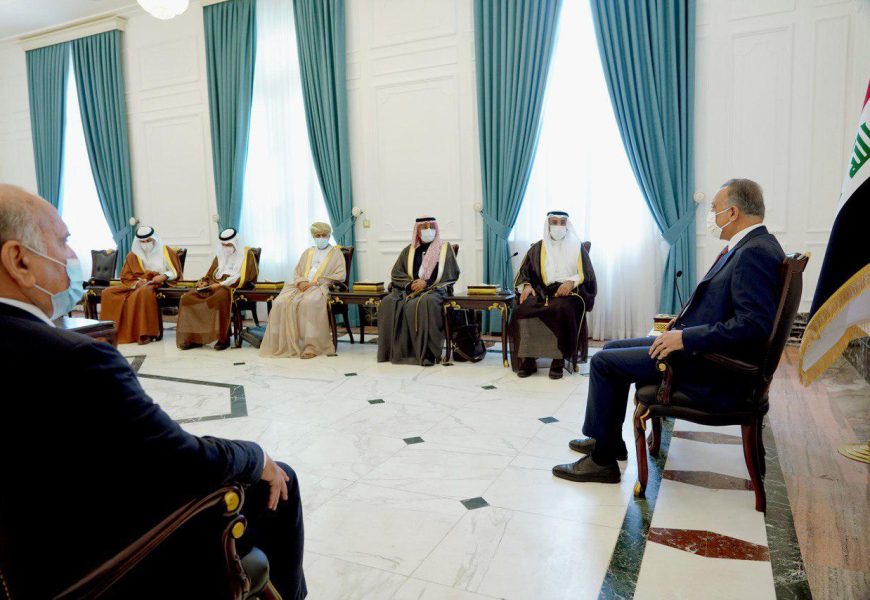
Developments in Iraq and their impact on the security of the Arabian Gulf
Ashraf Keshk
The background of Iraqi-Gulf States relations before 1990. Iraq is a direct neighbour of the Arab Gulf States. Geographically, it is part of the region, comprising Iraq, the Gulf States and Iran; that is why Iraq is influencing these countries and being influenced by them. However, geographical neighbourhood – though important- is not sufficient for establishing stable relations among the regional parties; similar governance and common interests which are to be reflected on shared foreign policies, are a must.
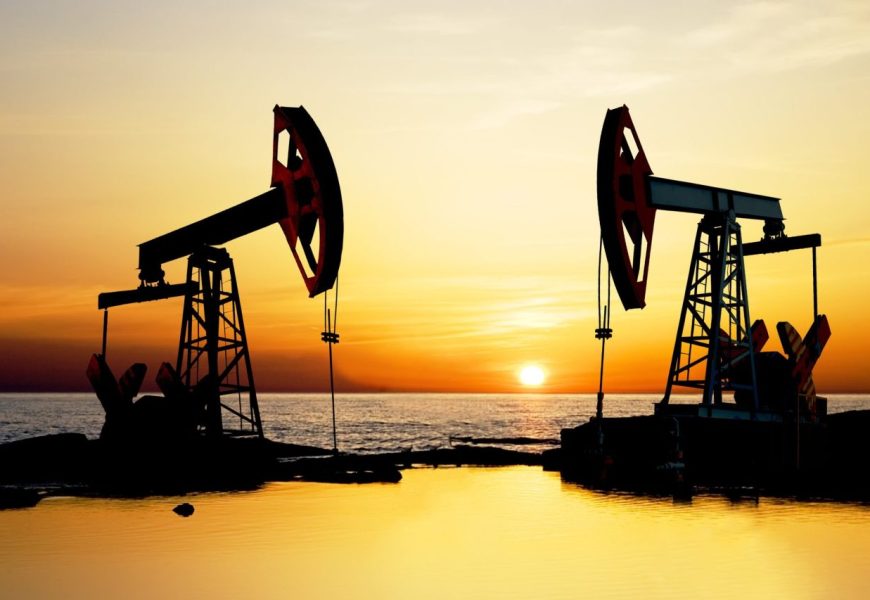
Future perspectives in the Gulf
Jean-Loup Samaan
Ten years after the revolutions that shook the Arab world, the monarchies of the Gulf Cooperation (GCC) face a series of tremendous security and economic challenges. These may not put into question the nature of their political systems, but they definitely test the ability of local leaders to address them. First, Gulf states face the fallouts of the Covid-19 crisis. They generally fared better than Western countries vis-a-vis the pandemic (on daily cases or deaths per capita) but they have not been immune to the economic consequences.
The way ahead
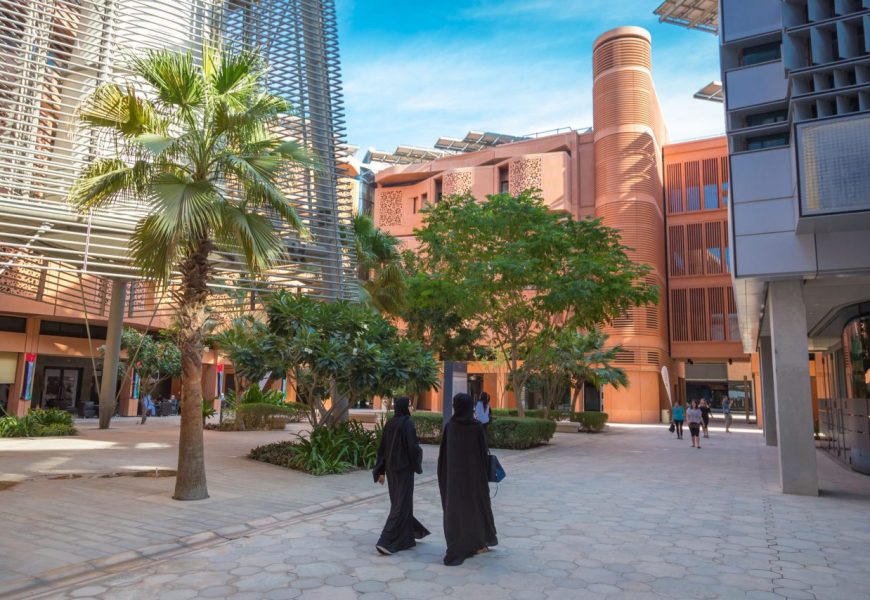
A look to the future
Ahmad Masa’deh
Ten years after the Arab Spring, its serious consequences are far from being resolved in the Arab Region. Social change movements and uprisings are ongoing and will continue to transform and evolve until people attain dignity, equal opportunity, human rights and self-ruling.
In the first round of the Arab uprisings, people suffered great losses. While in some countries state regimes augmented their power and returned to executing business as usual, civil war tore others apart. However, the uprisings underscored that people will no longer opt to stay silent.
The way ahead
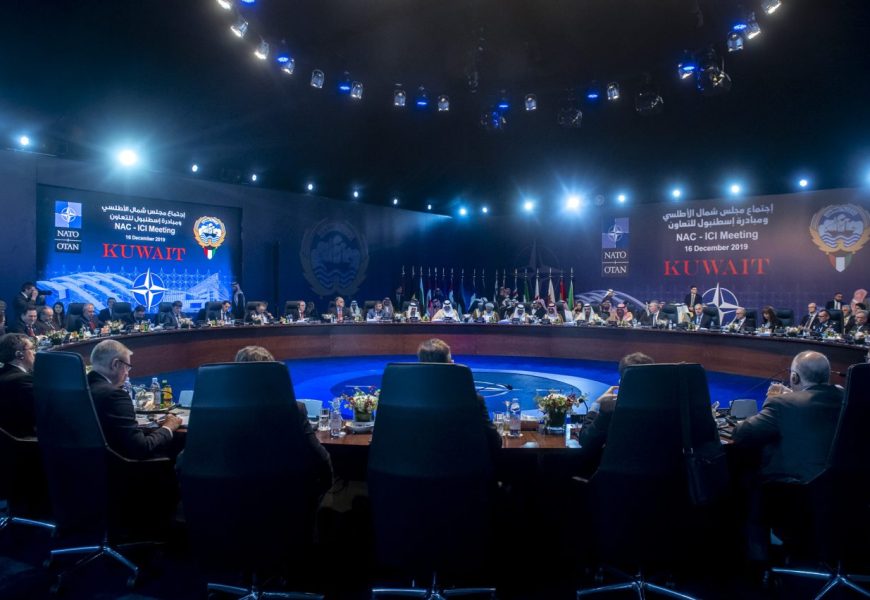
The evolving security context and NATO’s continuous adaptation
Giovanni Romani
For over 70 years, NATO has provided unprecedented peace and security for the Euro-Atlantic area. As a fundamental pillar of the international order, it continues to contribute to global stability, including through missions and operations beyond its borders. Today the Alliance represents 30 nations, one billion people, and half of the world’s economic and military might. It is the most successful Alliance in history, because of its unity, values and ability to adapt as the world around changes.
Appendix
The Arab risings by country
Mahboub E. Hashem
The 2011 uprising is considered somewhat successful, compared to other Arab states. Dispute and bloodletting were contained, policymakers and citizens alike stayed typically clear of tactics that could divide the country. El-Nahdah, the leading Islamist party, made a fairly smooth shift to cooperation politics. Contrasted with the breakdown of Egypt and the tragedy of Syria, Tunisia appears as a tremendous case in the larger, regional drama and tragedy.
Authors

Karim El Aynaoui
Executive President,
Policy Center for the New South,
Rabat
Executive President,
Policy Center for the New South,
Rabat

Oumayma Bourhriba
Research Assistant in Economics,
Policy Center for the New South,
Rabat
Research Assistant in Economics,
Policy Center for the New South,
Rabat

Mahboub E. Hashem
Former Chair and Professor of Mass Communication,
American University of Sharjah,
United Arab Emirates
Former Chair and Professor of Mass Communication,
American University of Sharjah,
United Arab Emirates

Matt Herbert
Research Manager,
North Africa & Sahel Observatory, Global Initiative Against Transnational Organized Crime,
Geneva
Research Manager,
North Africa & Sahel Observatory, Global Initiative Against Transnational Organized Crime,
Geneva
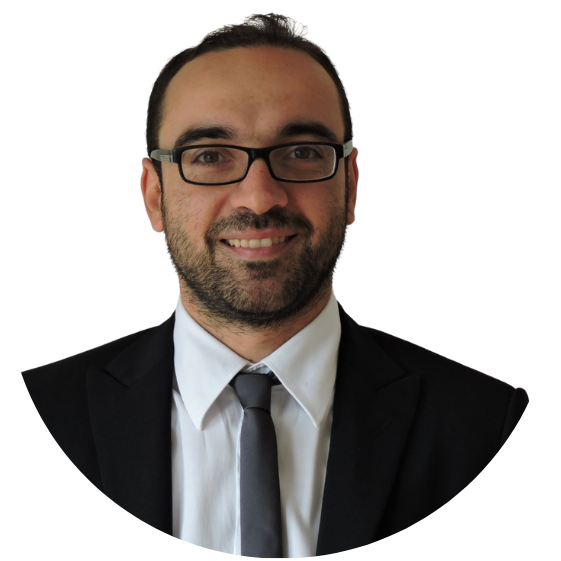
Umberto Profazio
Maghreb and Gulf Analyst,
NATO Defense College Foundation,
London
Maghreb and Gulf Analyst,
NATO Defense College Foundation,
London

Eman Ragab
Senior Researcher and Head of Military and Security Research Unit,
Al-Ahram Center for Political and Strategic Studies,
Cairo
Senior Researcher and Head of Military and Security Research Unit,
Al-Ahram Center for Political and Strategic Studies,
Cairo

Brahim Oumansour
Associate Fellow,
Center for Studies and Research on the Arab and Mediterranean World, Geneva; Associate Research Fellow, Institute for International and Strategic Affairs,
Paris
Associate Fellow,
Center for Studies and Research on the Arab and Mediterranean World, Geneva; Associate Research Fellow, Institute for International and Strategic Affairs,
Paris

Ashraf Keshk
Research Fellow and Director of International & Strategic Studies,
Derasat,
Awali (Bahrein)
Research Fellow and Director of International & Strategic Studies,
Derasat,
Awali (Bahrein)

Jean-Loup Samaan
Senior Research Fellow,
Middle East Institute, National University, Singapore; Associate Research Fellow, French Institute of International Relations,
Paris
Senior Research Fellow,
Middle East Institute, National University, Singapore; Associate Research Fellow, French Institute of International Relations,
Paris
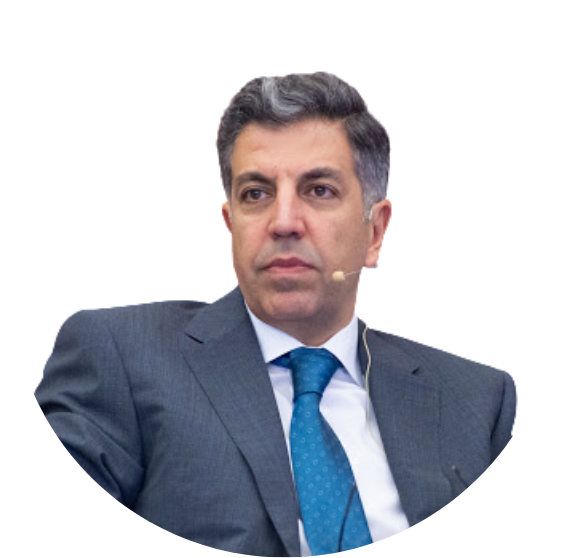
Ahmad Masa’deh
Former Secretary General,
Union for the Mediterranean,
Amman
Former Secretary General,
Union for the Mediterranean,
Amman

Giovanni Romani
Head,
Middle East and North Africa Section, Political Affairs and Security Policy Division, NATO HQ,
Brussels
Head,
Middle East and North Africa Section, Political Affairs and Security Policy Division, NATO HQ,
Brussels

